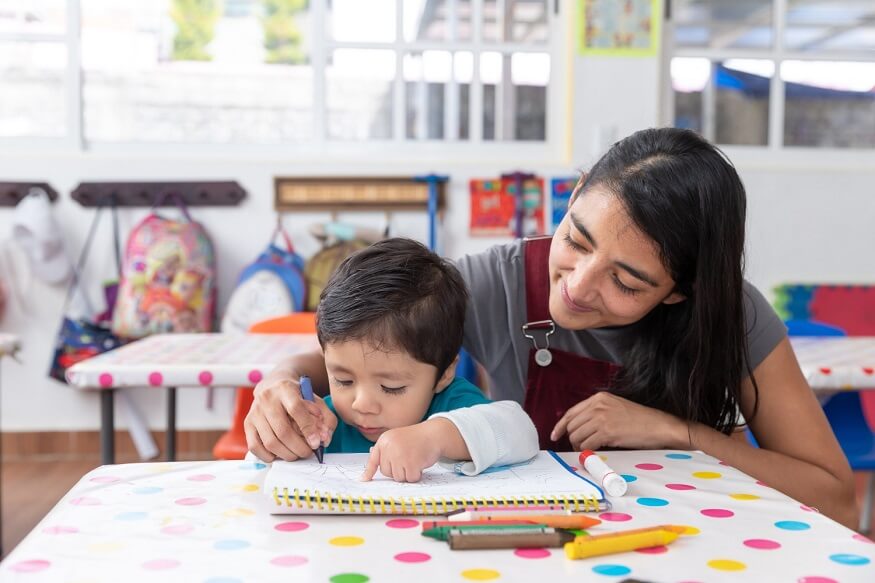Parent Toddler Program

Key Components of a Parent Toddler Program:
Parent-Child Interaction: The program emphasizes meaningful interactions between parents and toddlers. Guided by trained educators, parents are shown how to engage with their children in ways that foster learning, creativity, and emotional security.
Play-Based Learning: Recognizing that young children learn best through play, activities are centered on exploration and discovery. These may include music, art, storytelling, movement, sensory play, and simple games that help toddlers develop fine and gross motor skills.
Socialization: Toddlers have the opportunity to interact with other children in a safe, supervised setting, which helps them develop early social skills, such as sharing, cooperation, and empathy. For parents, it provides a community of support where they can share experiences and strategies.
Parental Guidance: Parents receive guidance on child development, parenting strategies, and age-appropriate activities to try at home. The program often includes discussions or workshops on topics like nutrition, sleep routines, and managing toddler behaviors.
Routine and Structure: While play is a primary focus, the program often follows a predictable routine, helping toddlers learn concepts of structure, transition, and routine, which are important for their later development.









